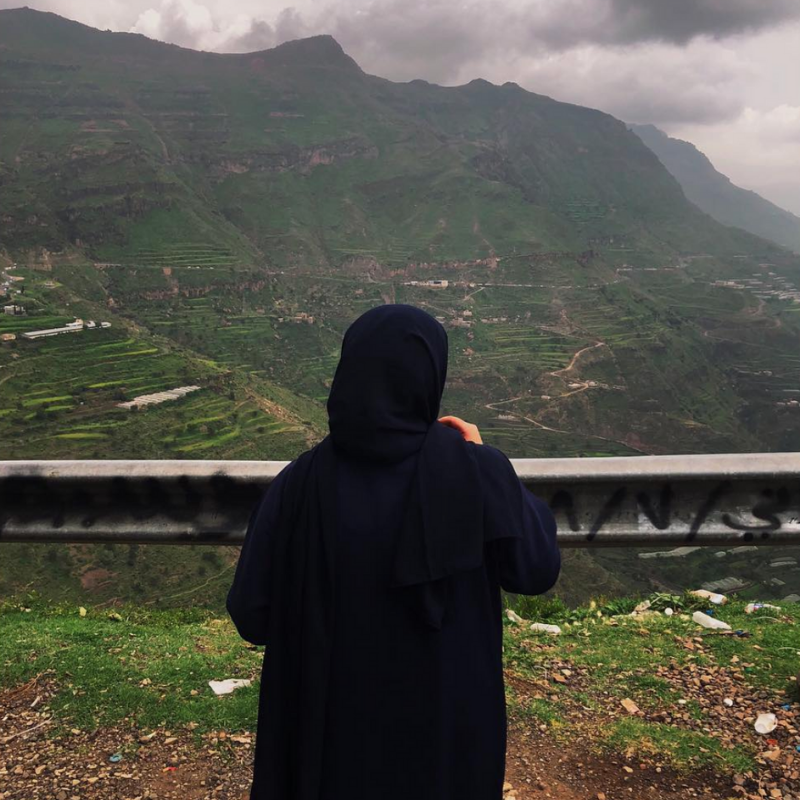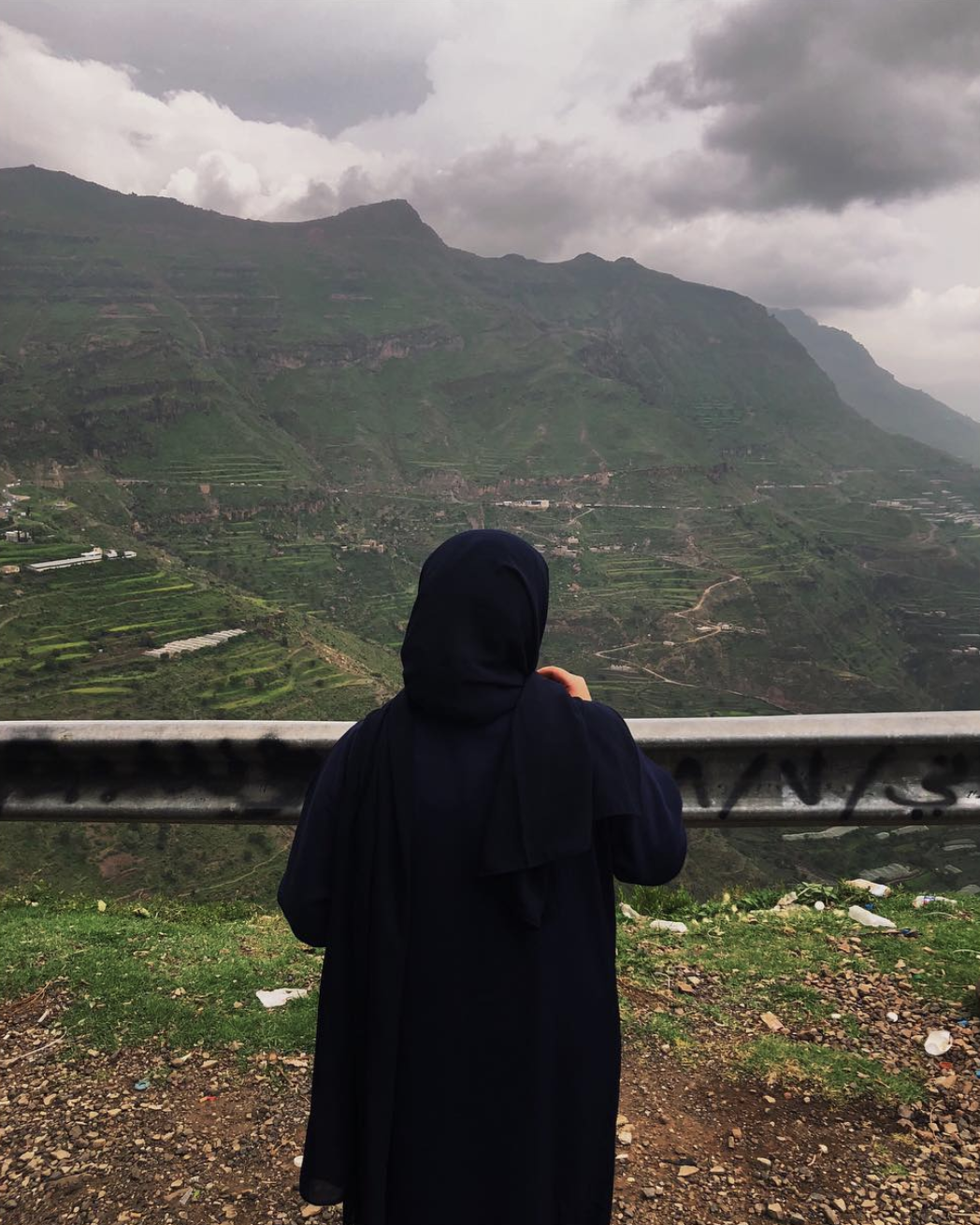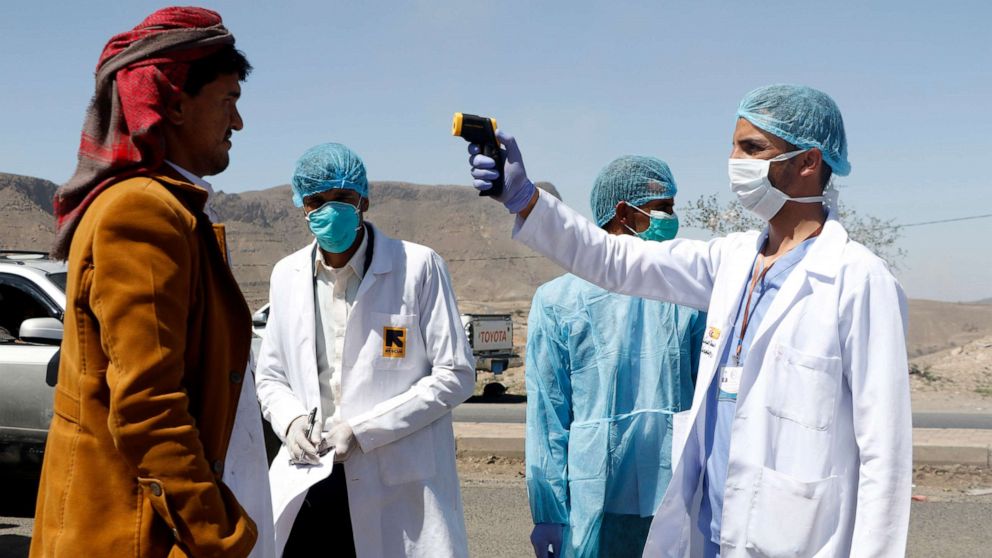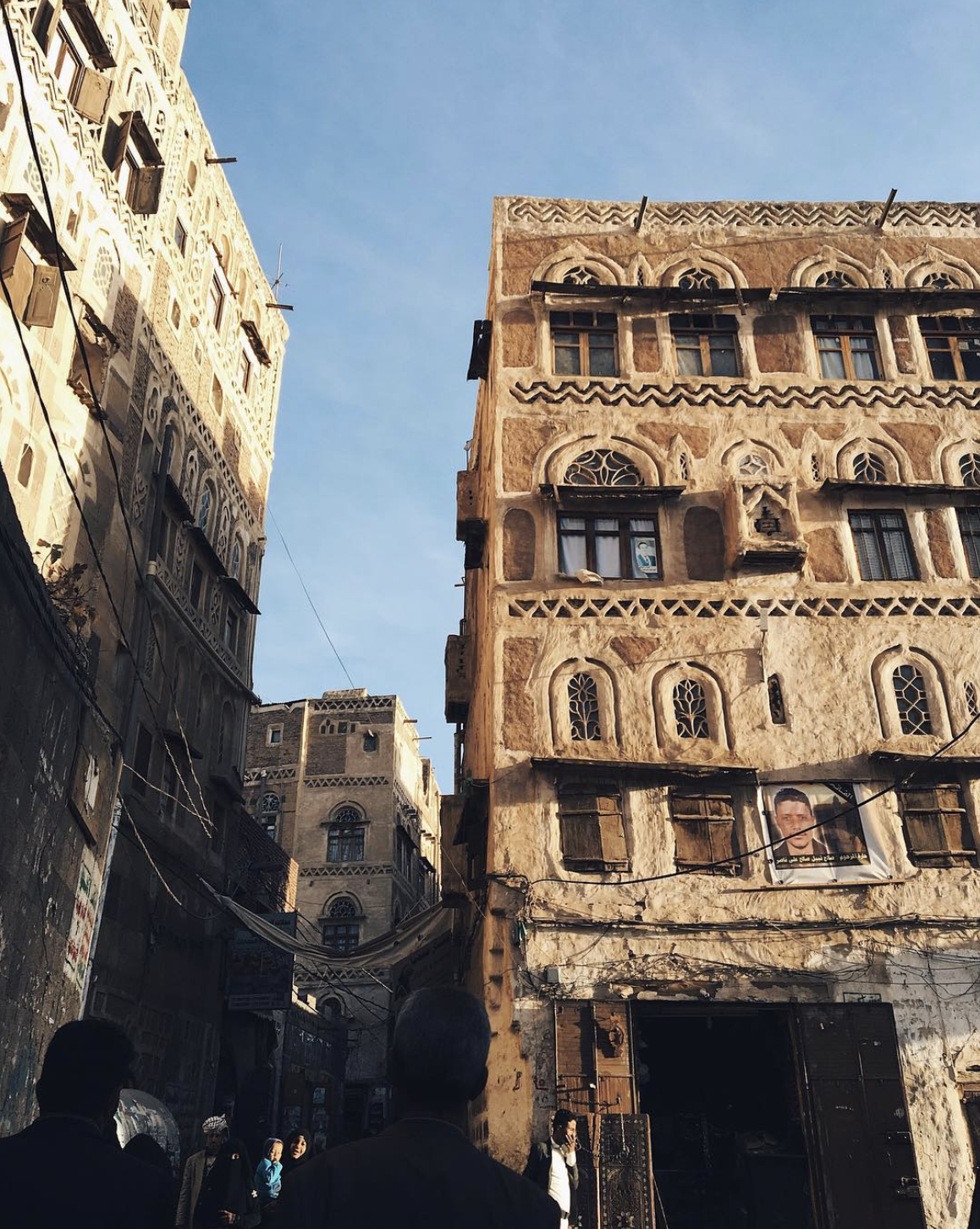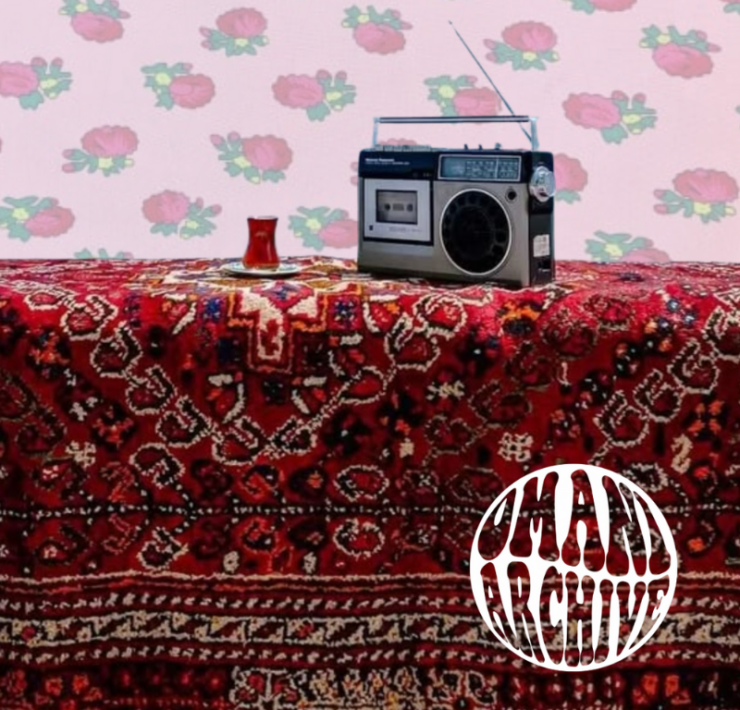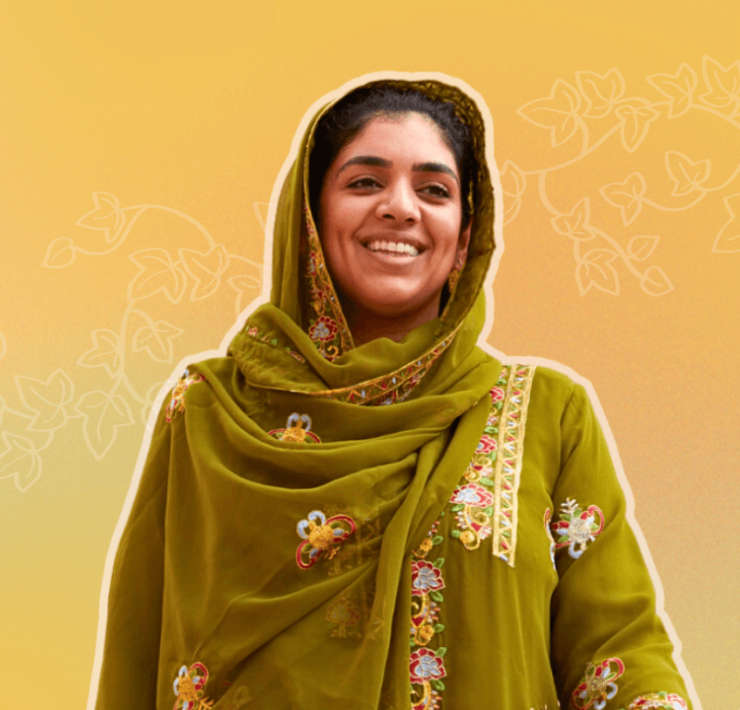With Covid-19 causing chaos throughout the world, we decided to conduct a series of interviews with people across the Middle East and North Africa to try to understand how the effects are being felt across the region.
We’ve spoken to people across various countries and industries from journalism, education and tourism to digital marketing, social entrepreneurship, wellness and arts. Here are their reflections on this ground-breaking time for the region and the world.
YEMEN
BASHAYER ALI – PHOTOGRAPHER
Bashayer Ali is a Yemeni visual artist working and living in Sana’a. She is a member of Everyday Middle East initiative and works at the Sana’a-based Romooz Foundation for the Arts. Her work has been exhibited in numerous group exhibitions in Sana’a and Paris. Through her instagram account (@thebashayer_) she showcases a unique perspective of life in Yemen in times of conflict, providing an alternative to the common media narratives.
Whereabouts in the world are you, and what’s changed about your life and work as a result of Coronavirus?
I’m currently based in Sana’a, Yemen. My team and I have been working from home since late March. Although at the time there were no Coronavirus cases recorded, we took that decision for the sake of our health and safety. At the time businesses were still running, so as a photographer, I had to be outdoors a lot. It was nerve-wracking but I tried my best to practice all the precautions needed to stay safe. Now that Yemen has recorded almost 300 Coronavirus cases and the numbers are only going up, I fear for what’s next for the country.
How is the pandemic playing out in Yemen?
Ever since February, there has been a positive series of awareness campaigns in Sana’a about dealing with COVID-19 and the necessary safety-measures, created by both the government and the community. Yet, these campaigns in my opinion didn’t reach far enough, especially to vulnerable groups who live in rural parts of Yemen.
Though many families and community members are in quarantine, many are unfortunately not, (and that’s mainly because they have to be outside in order to earn a living and pay for their daily needs). Nonetheless, I believe if the government imposes laws on curfews, people in Yemen will take it a lot more seriously.
To be honest, I’m not sure how Yemen’s future looks, but I only hope it’s a good one.
How are you spending your time in lockdown? Are you working on anything in particular you’d like people to know about?
I’ve been focusing mostly on work. Being in quarantine I find it hard to stay productive or creative. Nonetheless, I find it a time of self-reflection, meditation and actually taking a break from everything. I hope that these times will aid me in working on creative projects soon.
What knowledge or wisdom do you hope people will take away from this time?
No one imagined for a second that this would be the situation in 2020, and if they did… I feel a lot of us would’ve taken majorly different decisions in our lives. I’d like us all to reflect on that more, understanding what would’ve been different if we knew sooner, and what we actually want and what will make us happy. Life is never free of regrets, but after this time, I think we all would want to live and do more.
What 3 words best describe your personal experience of the pandemic?
Mind-opening, scary and lonely
For more of Bashayer’s beautiful photographs of Yemen, follow her on Instagram (thebashayer_)
ARE YOU BASED IN THE REGION?
How has your life changed as a result of the lockdown? We’d love to hear your reflections on the situation where you are. Leave a comment and share your experience of this strange time that’s simultaneously keeping us apart and bringing us closer together.

